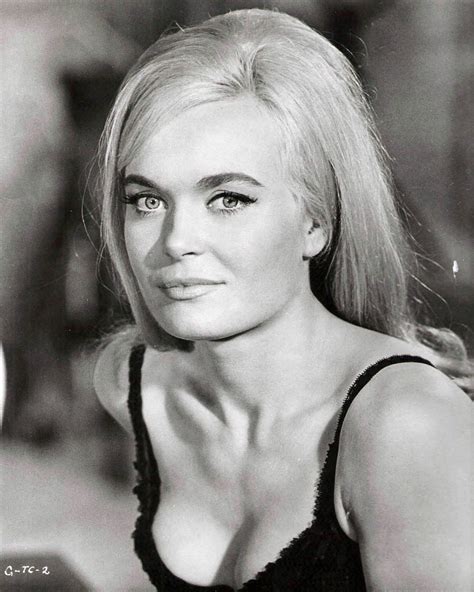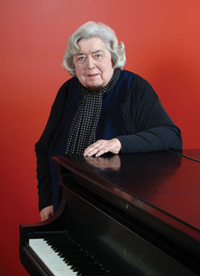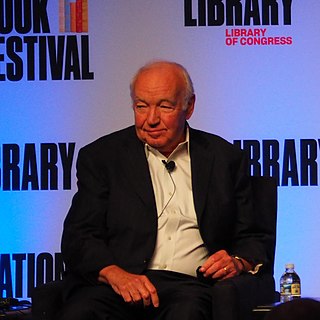A Quote by Philip Kitcher
First, my frame of reference for the Britten opera shifted. I'd always thought of Britten's approach in Death in Venice as another exploration of the plight of the individual whose aspirations are at odds with those of the surrounding community: his last opera returning to the themes of Peter Grimes. As I read and listened and thought, however, Billy Budd came to seem a more appropriate foil for Death in Venice.
Quote Topics
Related Quotes
As any opera fan knows, lawyers and judges do not fare well in most operas. Just consider the productions of 'Andrea Chenier,' 'Aida, Norma,' 'Billy Budd,' 'Peter Grimes,' 'The Crucible,' 'Lost in the Stars,' 'The Marriage of Figaro,' 'The Makropulos Case' and Wagner's 'Ring' cycle. Around 1810, the theme of justice emerged in opera.
As I read Mann in German for the first time, the full achievement - both literary and philosophical - of Death in Venice struck me forcefully, so that, when I was invited to give the Schoff Lectures at Columbia, the opportunity to reflect on the contrasts between novella and opera seemed irresistible.
Sometime during the 1990s, when I was teaching philosophy at UCSD, my friend, colleague, and music teacher, Carol Plantamura, discussed the possibility of teaching a course together looking at ways in which various literary works (plays, stories, novels) had been treated as operas, and how different themes emerged in the opera and in its original. One of the pairings we planned to use was Mann's great novella and Britten's opera. Unfortunately, the course was never taught, but the idea remained with me.
I think the work is the same in Indie films or blockbuster. It's just a difference when you do all the publicity. It's like another job. I remember the first time I did The Dreamers. I went to Venice; quite a good amount of publicity, a lot of round-tables and TV. I was just not expecting that. I thought I was going to visit Venice, but actually no.
Part of my methodological approach is made explicit when I discuss ways in which literature can have philosophical significance. Literature doesn't typically argue - and when it does, it's deadly dull. But literature can supply the frame within which we come to observe and reason, or it can change our frame in highly significant ways. That's one of the achievements I'd claim for Mann, and for Death in Venice.
... in the eyes of its visitors, Venice has no reality of its own. Anyone visiting the place has already seen so many pictures of it that they can only attempt to view it via these clichés, and they take home photographs of Venice that are similar to the ones they already knew. Venice [is] becoming like one of those painted backdrops that photographers use in their studio.
Britten's opera tends to see things in simpler terms. It portrays an Aschenbach who wants a richer form of sexual fulfillment, and who is hemmed in by the social conventions to which he subscribes. But Visconti's use of the Mahler Adagietto is perfect for what I take to be Aschenbach's sexual desire.




























